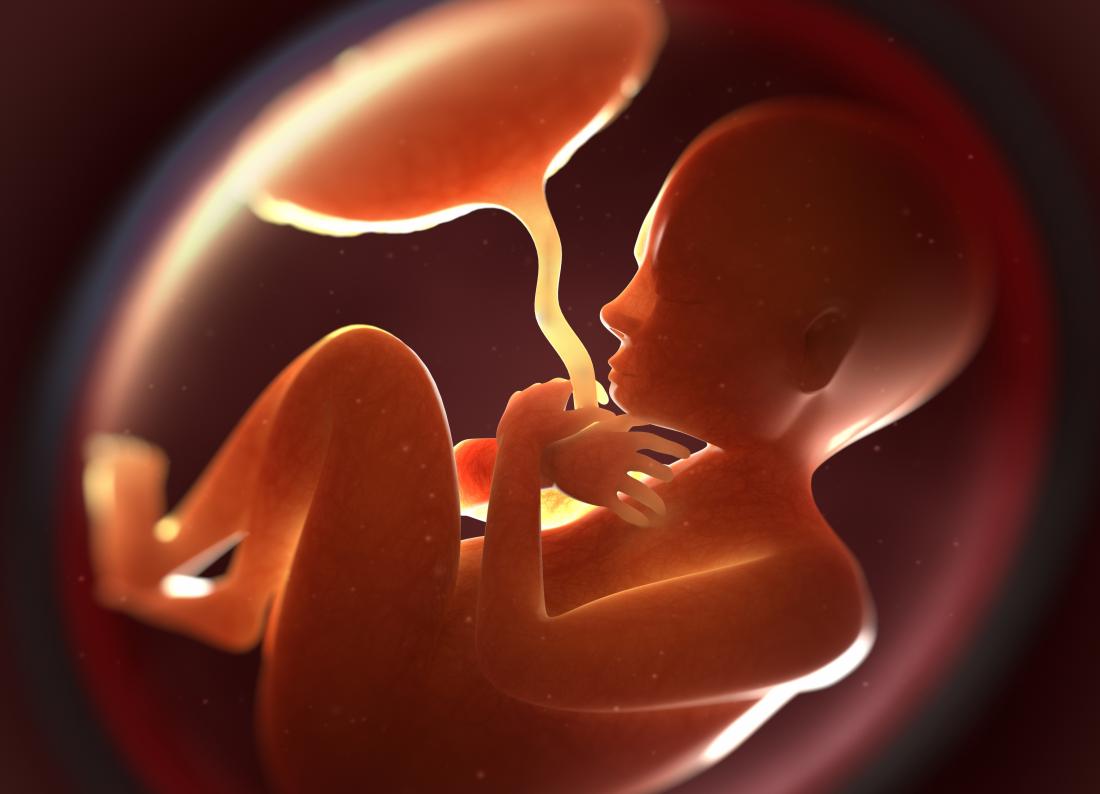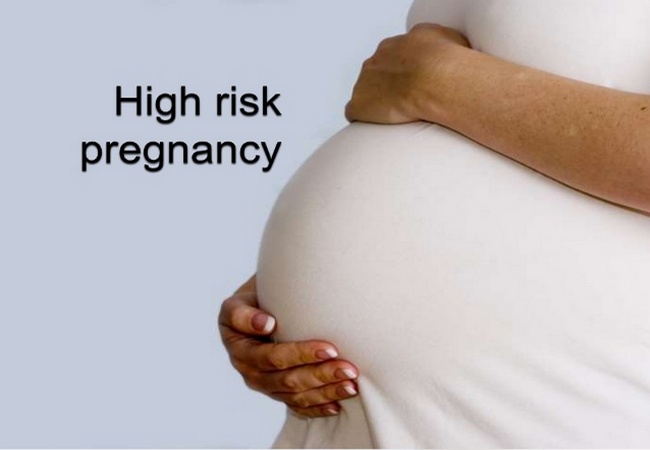Pregnancy
The process of having a child remains mysterious except for the biological process leading to the formation of a child. When you bring a child into the world, you give back to it by giving and nurturing life. You can never repay your guardians or parents better than to raise a child of your own.
When you get pregnant, you want to begin your nurturing process when the child is in the womb. You need to understand the risk factors that may affect your pregnancy and adjust yourself to ensure the child develops appropriately and becomes a healthy child from the beginning. Ignoring risk factors exposes your child to factors such as deformities, undeveloped brain, and death when the negligence is high. It would help if you planned doctor visits to track the development of your child and note any dangers at their early stages and provide treatment. Rosh Maternal and Foetal Medicine offer services that monitor your child’s development and provide solutions to complications that may occur as the child develops.
Reproductive System Deformities

Our natural physique differs, and so does the ability to carry a pregnancy to term. When you get pregnant, schedule visits to a qualified physician who can check your reproductive health. You may have a defective uterus that may not carry your pregnancy to the required nine-month period for full fetal development. You may need consistent monitoring and medication to help you have a successful pregnancy. You may also have a weak cervix that may not allow you to have a standard delivery. Ascertaining such a condition helps to plan for your cesarean surgery and avoid complications during natural childbirth.
Underdeveloped Women
Teenage pregnancy has a higher risk of premature death or underdevelopment while in the uterus. When a young mother gets pregnant, especially for women aged below 20 years, the child may experience difficulty in development. The life of the mother may also be at risk from their inability to carry a pregnancy successfully. Complications include having an underdeveloped pelvis that may pose a danger during birth since it needs to expand to accommodate the size of the baby. A pregnant woman should watch her diet and eat healthy and nutritious foods that provide nourishment to the child. It also provides enough nutrients for the mother to rejuvenate her body and prepare for motherhood that includes breastfeeding. Young women may have poor eating habits that affect their health and that of their developing fetus.
Pregnancy can result in high blood pressure that causes premature birth; taking care of a premature child does not guarantee its survival. You should visit a doctor for advice, if you fall under the age of 20 years, to guide you on how to take care of the pregnancy for a successful delivery.
Mature Women

When a woman ages, the body also becomes less conducive to carry a pregnancy without complications. Age means that the body may develop complications such as high blood pressure and heart problems that makes managing the pregnancy difficult. It may result in having a child born with defects or a miscarriage. The diseases affecting the mother may also affect the child by manifesting themselves on her chromosomes which carry the genetic material that is then replicated in their child. It contributes to congenital disabilities such as down syndrome. Plan for visits to a doctor if you fall above the age of 35 years and plan to have a child.
Other Risk Factors Associated with Pregnancy
While the above-mentioned factors were the main factors associated with pregnancy, however, it is also important to know that the problems we take lightly in our daily life are also extremely vital when it comes to pregnant women. Some of these problems are:
- Drug use: smoking and consuming alcohol can be extremely dangerous for the baby. These can cause the premature death of the infant.
- Diabetes: high sugar levels can cause defects in the child as well as face miscarriage.
- Blood pressure: high blood pressure can cause miscarriage or a low birth weight of the baby.
- Stress – stress releases hormones in the body that can cause problems for the baby in the long term.



